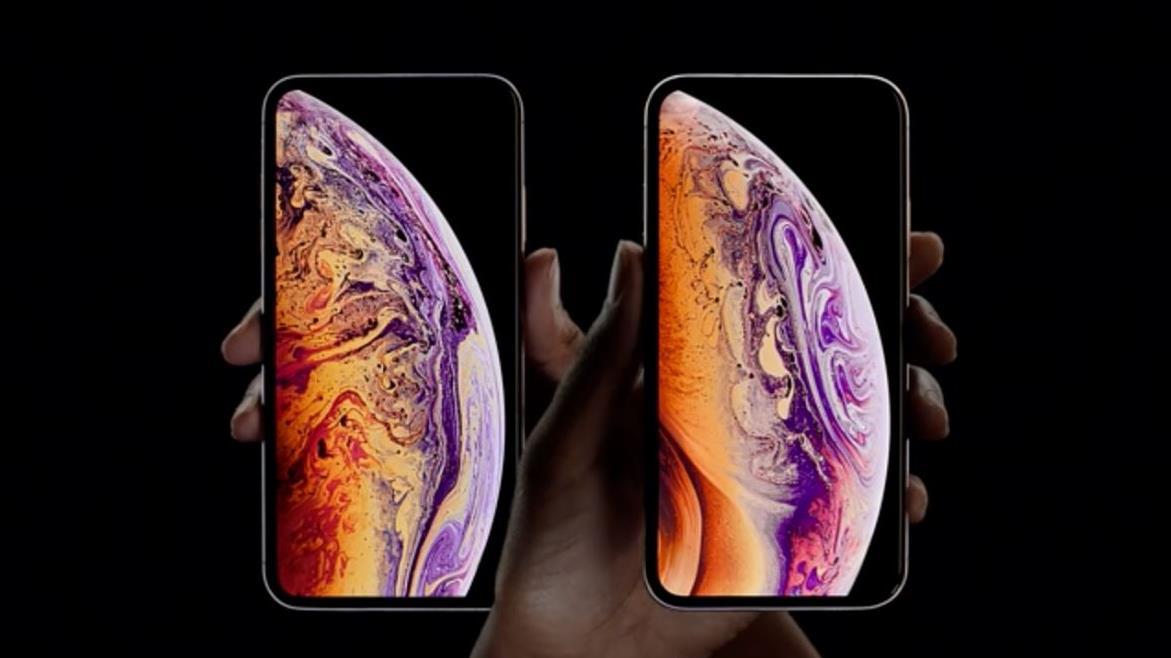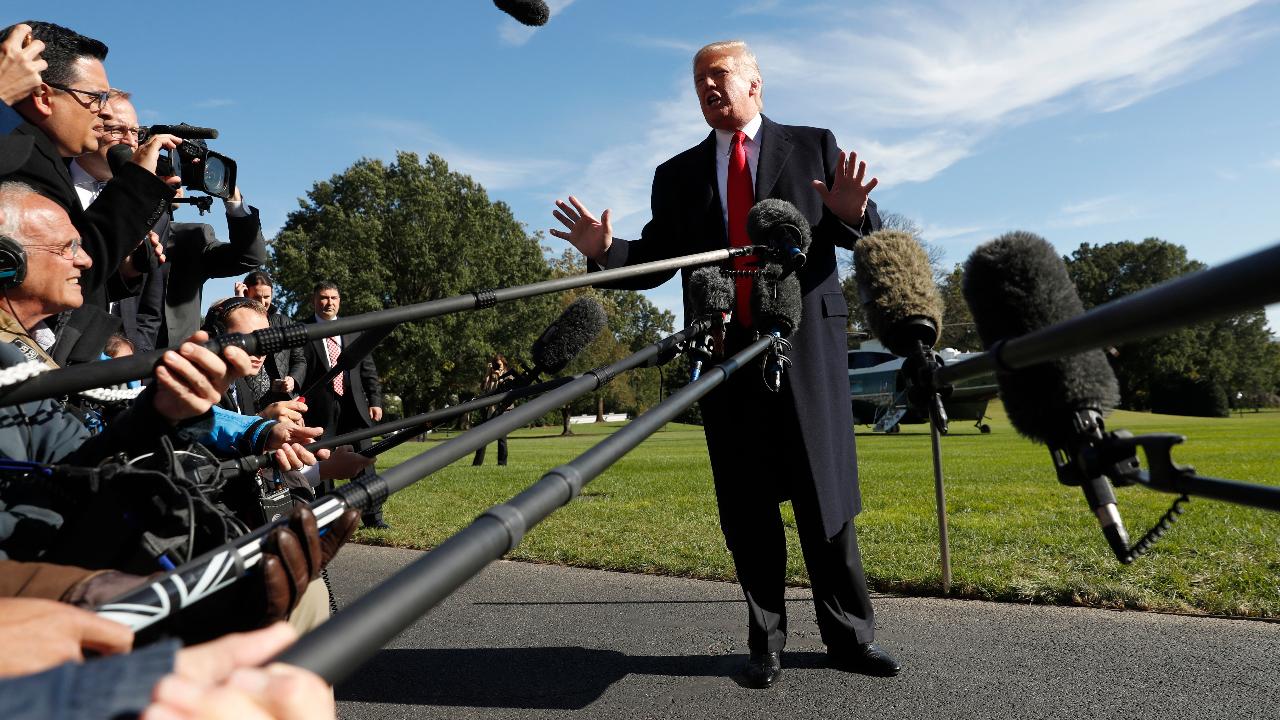Apple in trade war 'nightmare' and iPhones in limbo
Apple's' special event at the Steve Jobs Theater on its Cupertino, California, campus on Tuesday, maybe overshadowed by the tense U.S. China trade war.
In the crosshairs; a new crop of iPhones and the pricing power that Apple normally wields.
| Ticker | Security | Last | Change | Change % |
|---|---|---|---|---|
| AAPL | APPLE INC. | 278.12 | +2.21 | +0.80% |
With the stock up 35 percent this year, outperforming the S&P's 19 percent gain, anticipation is high among investors.
Will it decide to raise prices due to the upcoming tariffs on Chinese-made goods, which includes its own products?
“While many U.S. companies are impacted by this latest trade tension, the 'poster child' for the US/China UFC trade battle continues to be Apple in the eyes of the Street with fears running rampant that these latest tariffs could significantly increase the cost of iPhones globally," Wedbush Managing Director Dan Ives wrote last month.
Tuesday’s event will occur less than a month after Apple received a trade-war break when the U.S Trade Representative’s office said the tariffs that were set to hit $300 billion worth of Chinese goods, including Apple products, would be delayed from Sept. 1 to Dec. 15. but it is unclear what happens next when the key holiday shopping season will be in high-gear.
It's also noteworthy that CEO Tim Cook has bent President Trump's ear about the negative impact the tariffs will have on his company versus some of its rivals such as Samsung.
Analysts Shawn Harrison and Gausia Chowdhury at Cleveland-based Longbow Research calculate iPhone tariffs would require Apple to raise prices.
"We estimate that a 15 percent iPhone tariff would require a $68 ASP increase to offset the impact," they wrote.
Many on Wall Street think Apple will wait to announce an iPhone price increase.
“New US tariffs on China-made cell phones and laptops was delayed to Dec 15th and we expect Apple to not raise prices related to tariffs, just yet,” wrote New-York based analysts at Bank of America Merrill Lynch. The three newest iPhone models sell for $749, $999 and $1,099, respectively.
Analysts at Bernstein agreed.
“Our default assumption is that Apple will look to keep prices flat YoY, and potentially absorb the benefit from the particularly steep component cost declines in DRAM and NAND (down 50 percent+ YoY) by keeping memory levels constant and storage pricing at similar levels for similar capacities,” New York-based Bernstein analysts Toni Sacconaghi and Corry Wang wrote in a note sent to clients on Thursday.
Still, Ives believes the trade war remains a headwind for Apple's stock, which was trading near $212.50 a share on Friday.
CLICK HERE TO READ MORE ON FOX BUSINESS
He says the tariffs are a “$20-$25 stock overhang on shares” and remain a “nightmare that will not go away.”





















